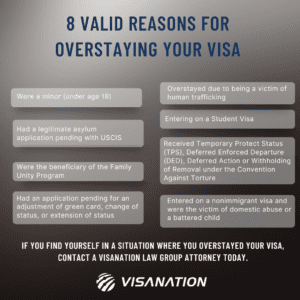What Employers Need To Know About Confidentiality & Non-Disparagement Clauses in Settlement Agreements.
In February 2023, the National Labor Relations Board (NLRB) issued its decision in McLaren Macomb, holding that confidentiality and non-disparagement clauses commonly found in severance and settlement agreements may be unlawful and violate employees’ rights under the National Labor Relations Act. This decision has significant implications for employers seeking to protect their reputation, trade secrets, pre-litigation claims, and other sensitive information through various agreements with current or former employees.
The McLaren Macomb case involved a Michigan hospital that permanently furloughed several employees during the COVID-19 pandemic. The furloughed employees each signed a severance agreement with the hospital, which contained confidentiality and non-disparagement provisions. For confidentiality, the employees were prohibited from disclosing the terms of the agreement to any third person other than a spouse, a professional advisor for legal or tax advice, or as compelled by a court or administrative agency. For non-disparagement, the employees were prohibited from making statements to other employees of the hospital or to the general public which could disparage or harm the image of the hospital.
The NLRB concluded that these routine clauses violate employees’ rights to engage in “protected concerted activity” under the National Labor Relations Act. Specifically, the NLRB found that the confidentiality and non-disparagement clauses would reasonably be understood by employees to prohibit them from discussing or criticizing the hospital’s working conditions or labor practices with other employees or labor unions. These clauses would also reasonably be understood by employees to prohibit them from filing complaints with the NLRB and participating in investigations. These clauses were broadly worded and contained no exceptions for the furloughed employees to engage in such protected concerted activity.
The McLaren Macomb decision applies not only to severance agreements, but also to other types of employment agreements, such as settlement agreements resolving employment-related disputes. Employers should be aware that such clauses may be unlawful if they prohibit employees from discussing or criticizing the employer’s working conditions and labor practices with other employees, labor unions, or the NLRB. Employers may need to revise their severance agreements to include exceptions for such protected activity, or to otherwise limit the scope of their confidentiality and non-disparagement clauses.
Finally, employers should know that the NLRB’s decision does not mean businesses cannot protect trade secrets or other confidential information. Employers may continue to include reasonable confidentiality and non-disparagement provisions in their agreements so long as those provisions do not prohibit protected concerted activity. We recommend employers take steps to revise their agreements as necessary and work with legal counsel to ensure compliance with the McLaren Macomb decision.
Author: Kelly Davis
Kelly Davis is an associate attorney with Law 4 Small Business (L4SB). She is licensed to practice law in New Mexico.





